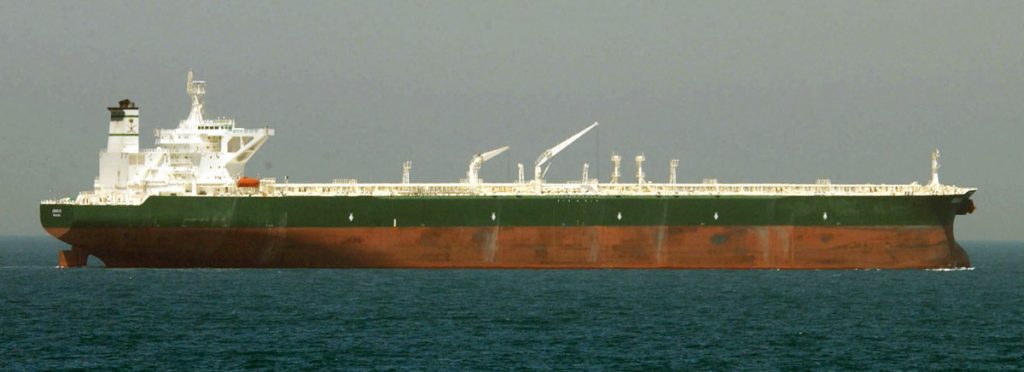
In its multivalent quest to enlarge the footprint of collectivism, needle the West, and gain strategic energy partnerships, Russia thought it had found an ideal mate in Venezuela. Cultural and geographic distance are easy to overlook when philosophy, economics and political payback come together in a seemingly perfect storm.
The relationship between Moscow and Caracas began after World War II, lasted seven years, was renewed in 1970, and blossomed under socialist Hugo Chavez, under whose rule the small country became a meaningful trade partner with Russia, second only to BRIC partner Brazil in Latin America. Whereas the Brazilian relationship is a robust strategic and trade-based partnership grounded in aerospace, arms, and agriculture, the Venezuelan alliance is built on energy, military, mining, and infrastructure.
Chavez opened the door wide enough to allow for joint military exercises with Russia, including training missions on supersonic nuclear bombers. Moscow's message to the region, and especially to the US, was clear: the tiny, oil-rich country was not to be bullied.
Chavez, now with muscle in his corner, drove the point home with a disingenuous offer to supply inexpensive oil to "the poor" Americans affected by Hurricane Katrina in 2005. George W. Bush's "racism," Chavez obliquely claimed, was apparent in both his administration's response to the hurricane and his dealings with Caracas. The showy taunt was almost certainly payback for a coup attempt allegedly supported by the US three years before.
Vice President-turned-President Nicolás Maduro has not proved as popular, savvy or cheeky as his predecessor, but he has continued to support his policies, including nationalization of the oil industry, farming, transportation, power plants, telecommunications, steel production, and banks. Socialism, of course, leads to less freedom: on The Heritage Foundation's Freedom Index, Venezuela is 179th out of 180 countries, besting only North Korea. Further, thwarting free markets is inherently unwise, so not surprisingly, sustained low oil prices led to economic collapse, which led to, among other atrocities, citizens eating zoo animals.
For its part, the US has continued sanctions against Venezuela, and was quick to recognize Juan Guaidó as Acting President of the country, and also assisted the failed coup attempt of April 30.
Regardless of Maduro's palace intrigue, when you can't feed your people or generate electricity, payment for military equipment becomes a back-burner issue, which has strained relations with Russia. As The Wall Street Journal reported on Sunday, Russia has almost entirely withdrawn defense contractor giant Rostec from Venezuela, a key indicator that Putin is done throwing good money after bad:
"The final major contract Rostec fulfilled was the construction of a helicopter-training center for military helicopters in March. Other longstanding plans, including the construction of a Kalashnikov rifle production facility, were expected to cease."
President Trump's new sanctions on Russia, started in 2017, have foiled several Rostec contracts with countries such as Kuwait, Indonesia, and the Philippines, thus weakening the contractor's ability to accept defaults from collectivist pet projects like Venezuela.
Now, Putin's other major reason for courting Caracas--their vast supply of oil--has turned into a liability. From the same WSJ article:
"Worries over Venezuela’s future...have spread to other sectors where Russia has a strong presence, such as oil. Venezuela is by far the largest recipient of investments by oil giant Rosneft outside of Russia. And there is no easy way for Rosneft to divest itself of its commitments, which have mostly been spent on prepayment for Venezuelan oil or joint-venture costs with Venezuela’s state oil company."
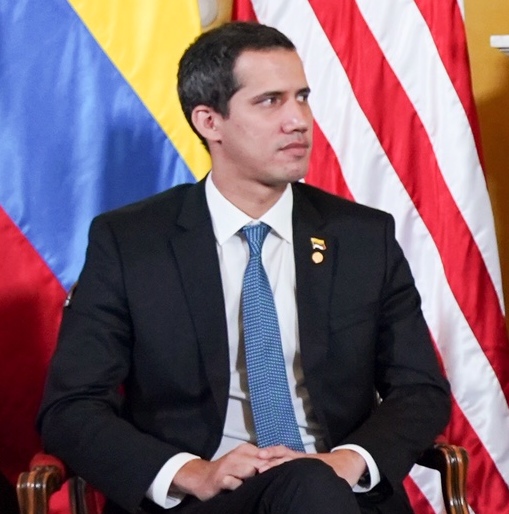
Maduro's time on the stage appears to be ending. The larger question is whether the Chavista government will survive such a failed example of its policies by scapegoating Maduro, or if the people will chose a less radical path, and if they do so, if their votes will be counted fairly. In the best case scenario, Maduro is ousted and Guaidó finds a way to broker an agreement with the military, but there are far more paths to failure than success in such a turbulent environment. Apart from controlling economic levers, a more direct intervention by a US-led coalition is likely required to establish a new, universally recognized state, but Trump would be loath to participate in such a neocon maneuver.
The dissolution of a socialist government would be a tremendous international policy win for Trump, and one for which he could rightly take credit. US sanctions on Caracas and its enabler, Moscow, have already succeeded in weakening their alliance. The quick fix--the failed coup of Maduro's illegitimate government--was a disappointment, but the long game is looking stronger than ever, and may yet bear fruit for the cause of democracy.











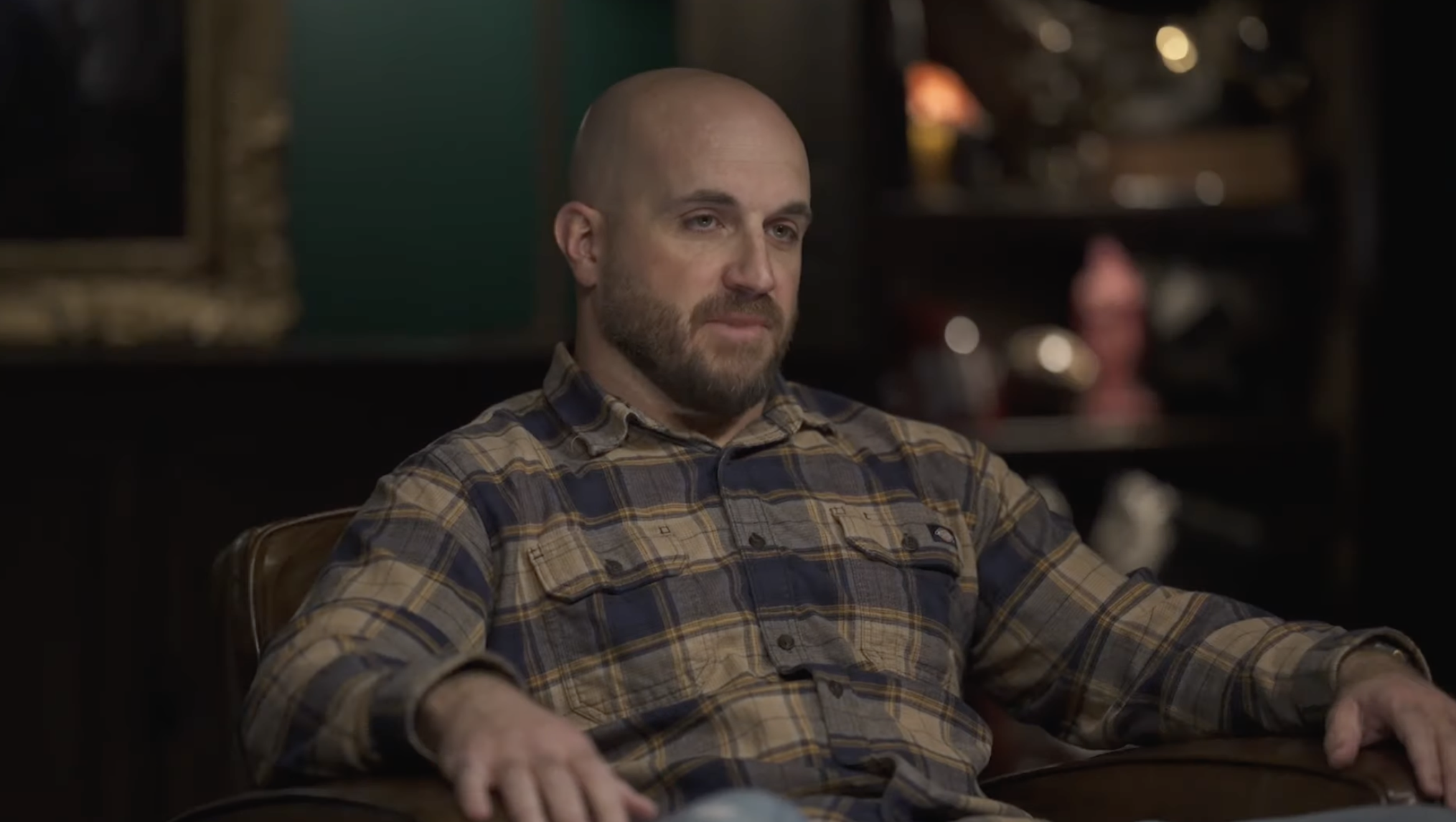







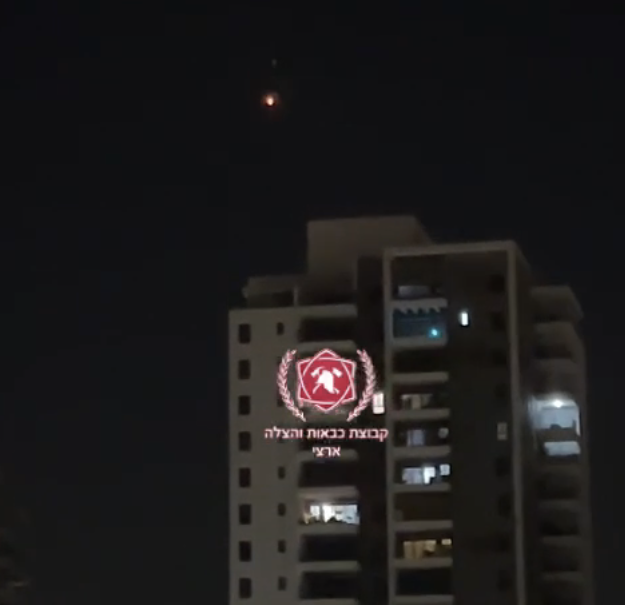
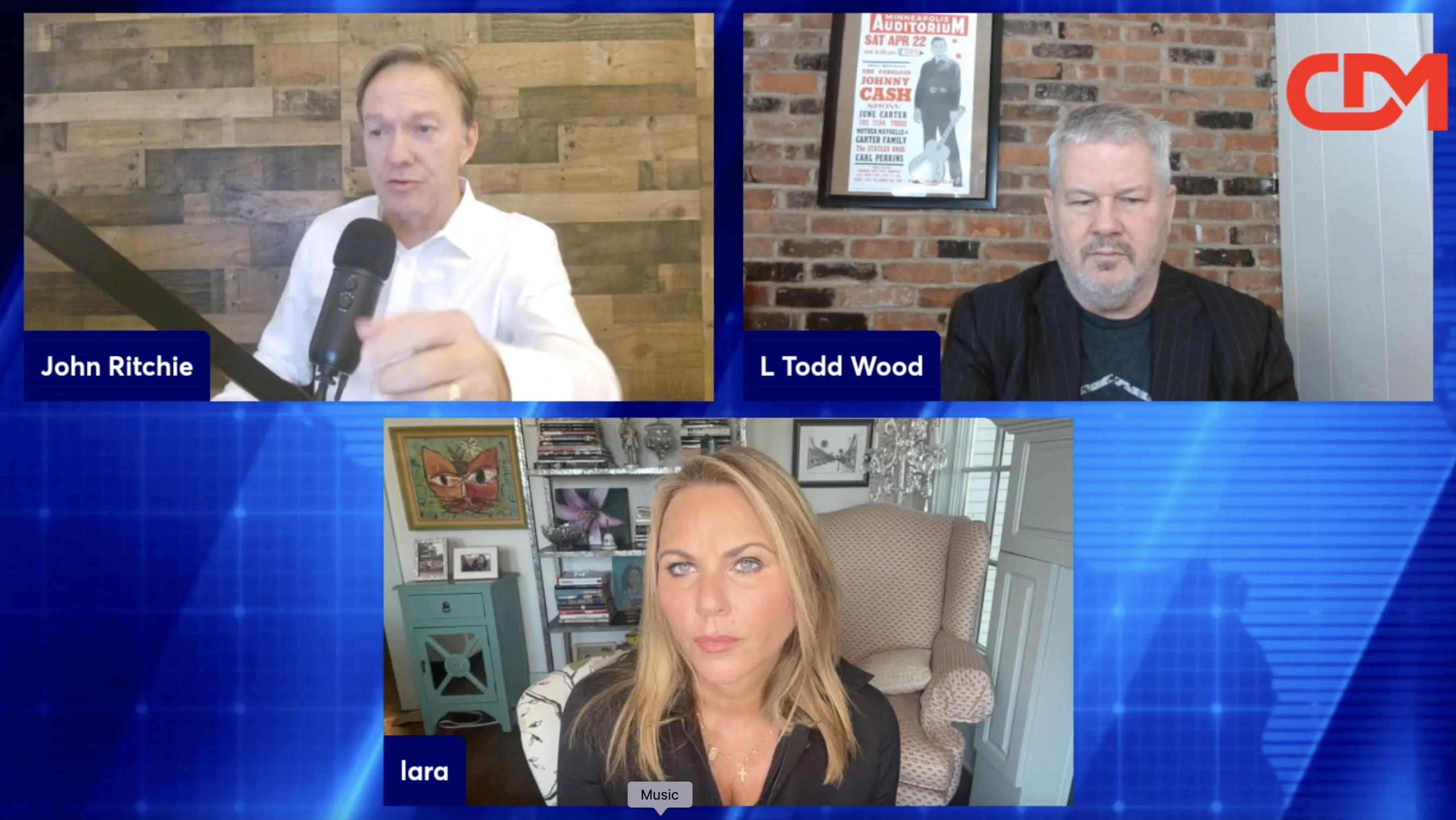




The Heritage Foundation’s Freedom Index is based on a political philosophy arising from capital i.e. banks. That philosophy includes how free you are to screw your neighbor, avoid taxes, and have capital/corporate profit, but socialized debt.
There's not not to like about Venezuela and North Korea, but how well would the US be doing if other countries seized US assets in the proportional amount of GDP that the US has seized from Venezuela?
As virtually every American, and certainly all of the "pundits" equate socialism with communism, the deception can be maintained. There is a reason Marx's contemporaries referred to him as "the tapeworm in socialism". I have met many real socialists, and they all detest communism as much as the detest capitalism. They see communism as the suppression and abuse of the strong, and capitalism as the abuse and suppression of the weak. Not one of them is in favor of open borders or immigration in large numbers as immigration is seen as the reserve army of capital used to suppress wages. When they say the workers should own the means of production, they mean workers or worker cooperatives, not the state, because all governments can be repressive. Socialized medicine only changes one thing, who pays the doctor or hospital, the government acting as a not for profit insurance company, or a private for profit insurance company usually connected to a usurious bank. They are opposed to "official" multiculturalism because it is divisive, but don't care what you do in your own, as in owned, home.
One last thing. The US politicians labeled as "socialists" aren't. They are globalists promoting the destruction of all nations.